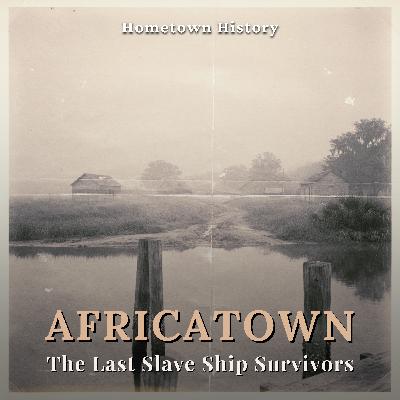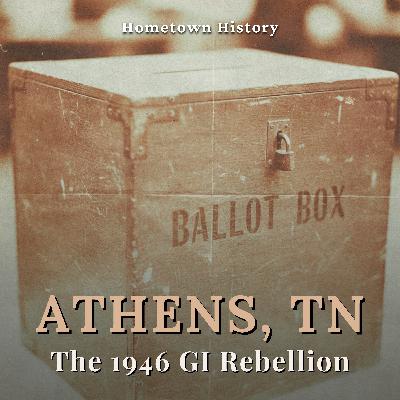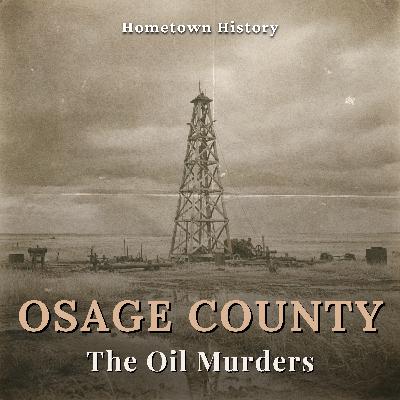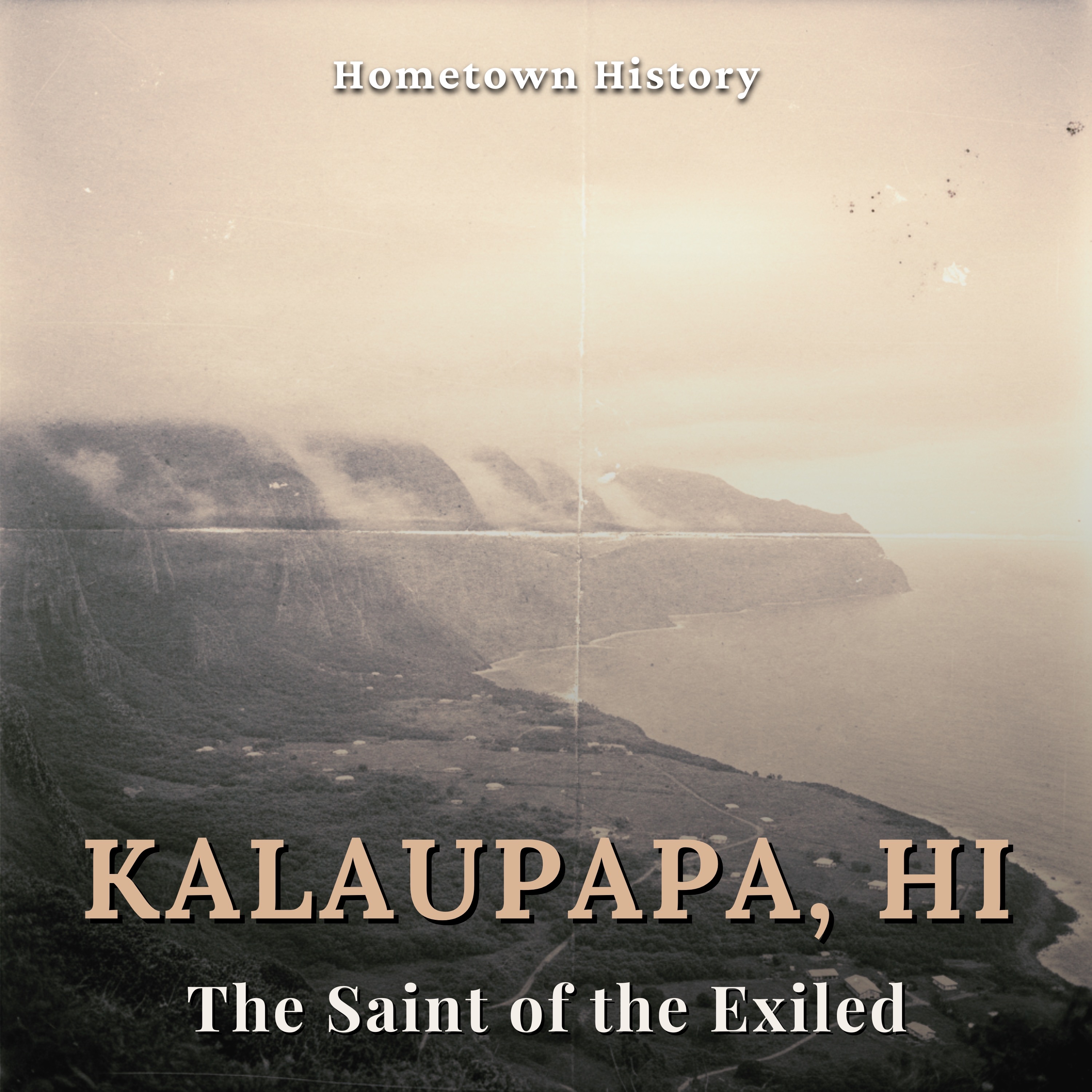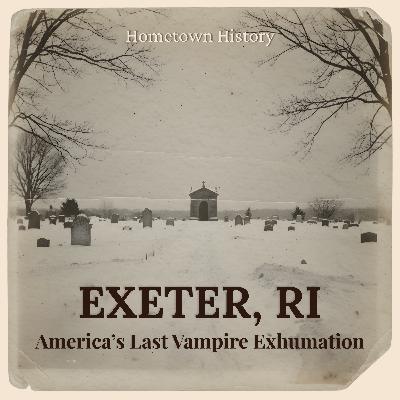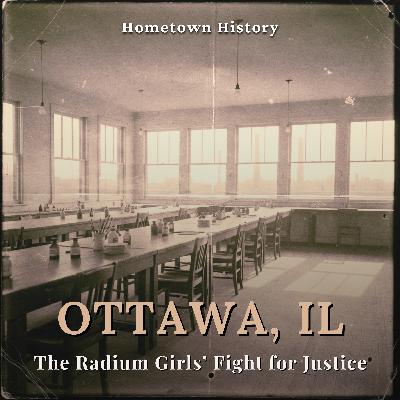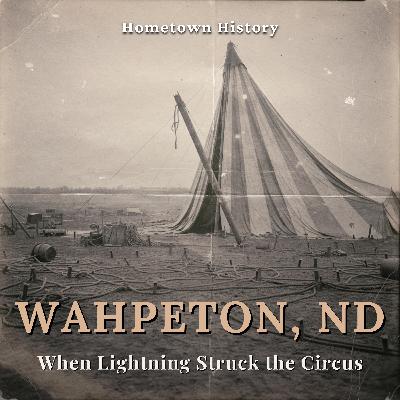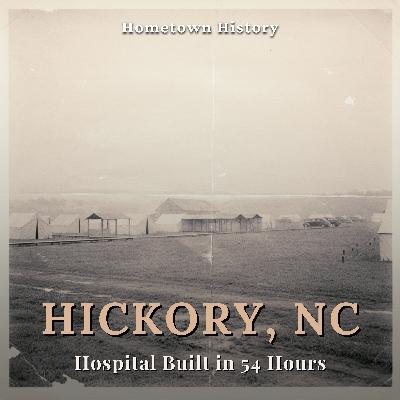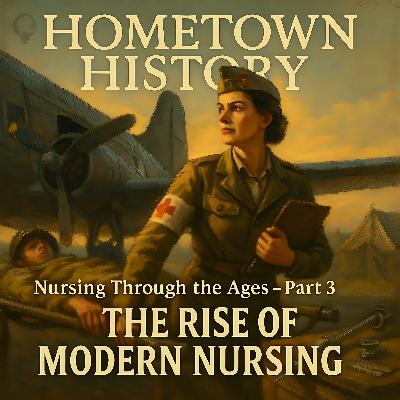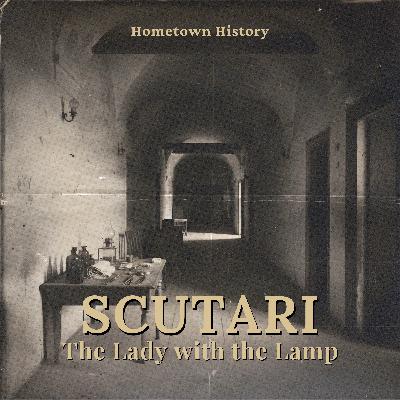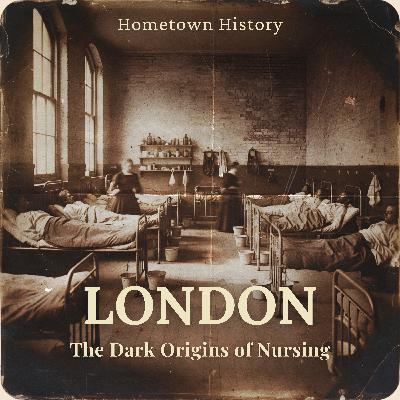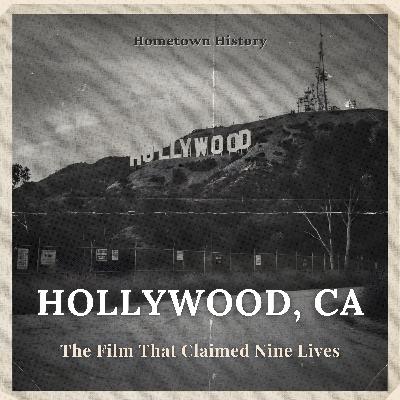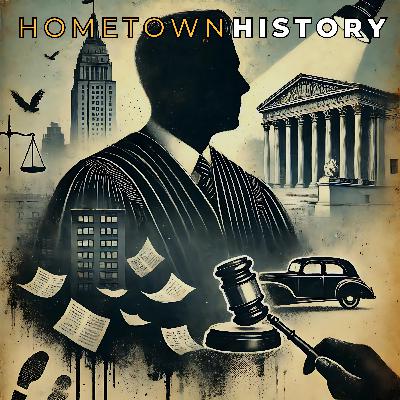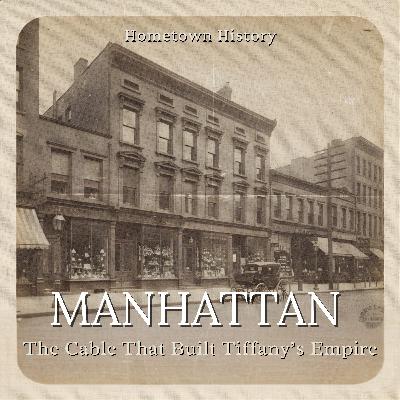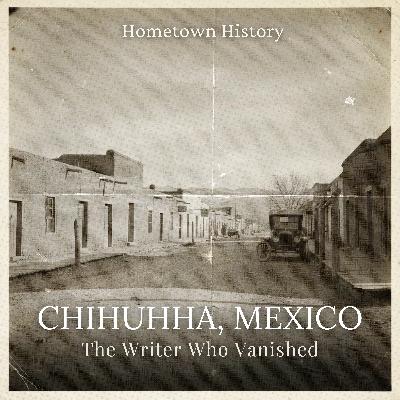Africatown, Alabama: The Last Slave Ship and the Town Built by Survivors
Description
In July 1860, under cover of darkness, 110 West Africans were smuggled into Mobile Bay aboard the Clotilda—the last known slave ship to reach American shores. Arriving fifty years after Congress banned the transatlantic slave trade and made it punishable by death, these captives were quickly hidden and distributed to local plantations before the ship was burned and sunk to destroy the evidence. But this story doesn't end with enslavement. After emancipation in 1865, a group of thirty-two survivors did something extraordinary: they pooled their resources, purchased land north of Mobile, and founded their own community. They called it Africa Town—a settlement where they could preserve their language, customs, and dignity on American soil. This episode explores how these remarkable men and women, torn from kingdoms in present-day Benin and Nigeria, built a thriving community that still exists today, more than 160 years later.
Timeline of Events
- July 1860: The schooner Clotilda arrives in Mobile Bay with 110 enslaved West Africans, the last known illegal slave shipment to America
- July 1860: Captain William Foster burns and scuttles the Clotilda in the Mobile River to hide evidence of the crime
- 1865: Civil War ends; Clotilda survivors gain freedom after five years of slavery in Alabama
- 1866-1870: Approximately 32 survivors purchase land and establish Africa Town (later Africatown) north of Mobile
- 1872: Community builds Union Baptist Church, their first institution
- 1910: Mobile County Training School founded, becoming educational center for Africatown
- 1927-1931: Author Zora Neale Hurston interviews Cudjo Lewis (Oluale Kossola), documenting his firsthand account
- 1935: Cudjo Lewis dies at age 94, the last known survivor of the transatlantic slave trade in America
- May 2019: Archaeologists discover and verify the wreck of the Clotilda in the Mobile River
- July 2023: Africatown Heritage House opens, featuring "Clotilda: The Exhibition" and artifacts from the ship
This remarkable settlement emerged during Reconstruction, when most formerly enslaved people had no resources and faced violent opposition. The Africatown founders defied these odds, creating schools, churches, and self-governing institutions while maintaining cultural connections to West Africa.
Historical Significance
Africatown represents the only known American community founded and led entirely by African-born survivors of the slave trade. Unlike other Black settlements of the era, residents spoke Yoruba, Ewe, and Fon languages into the 1950s and maintained West African naming traditions, burial practices, and storytelling customs. The community's existence challenges common narratives about slavery's erasure of African identity—these founders consciously rebuilt pieces of home from memory. Zora Neale Hurston's 1927 interviews with Cudjo Lewis, published as "Barracoon" in 2018, provide one of the only firsthand accounts of the Middle Passage and the experience of direct capture from Africa. The 2019 discovery of the Clotilda's wreckage, verified by the Alabama Historical Commission, has sparked renewed interest in Africatown's history and the ongoing work of descendant communities to preserve their ancestors' legacy. Today, Africatown faces environmental challenges from industrial development but continues as a living memorial to resilience, self-determination, and cultural survival against extraordinary odds.
Sources & Further Reading
- National Museum of African American History and Culture: Slave Wrecks Project and Clotilda research initiative
- https://nmaahc.si.edu/explore/initiatives/slave-wrecks-project/africatown-alabama-usa
- Africatown Heritage House & History Museum of Mobile: "Clotilda: The Exhibition" featuring artifacts from the ship and stories of the 110 survivors
- https://clotilda.com
- Alabama Historical Commission: Official archaeological discovery and verification of the Clotilda shipwreck (2019)
- https://www.mobilecountyal.gov/africatown-heritage-house-2
- Africatown Heritage Preservation Foundation: Descendant community organization preserving Africatown history and culture
- https://africatownhpf.org
- "Barracoon: The Story of the Last 'Black Cargo'" by Zora Neale Hurston: Published 2018, based on 1927-1931 interviews with Cudjo Lewis
- https://www.zoranealehurston.com/books/barracoon
- Smithsonian Magazine: "The 'Clotilda,' the Last Known Slave Ship to Arrive in the U.S., Is Found" (May 2019)
- https://www.smithsonianmag.com/arts-culture/zora-neale-hurston-barracoon-last-survivor-slave-trade-180968944
Subscribe to Hometown History every Tuesday for forgotten American stories.
Support this podcast at — https://redcircle.com/hometownhistory/exclusive-content
Advertising Inquiries: https://redcircle.com/brands

